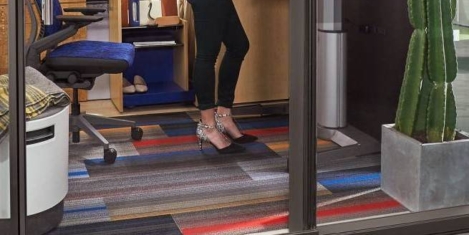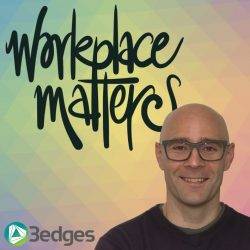July 21, 2017
Insurance claim data suggests that musculoskeletal disorders dominate workplace health
 According to an analysis of the private medical insurance (PMI) records of over 45,000 UK employees carried out by Aon Employee Benefits with its largest clients, the highest claims are for musculoskeletal disorders- almost double those for cancer related illness. In a study of reports from private medical insurers (PMI), Aon found that 31 percent of claims were for musculoskeletal concerns, while 15 percent were cancer related, 4 percent were for mental disorders and 4 percent for urology. The data forms part of its new report, Wellbeing: Examining the correlation between employee health and financial wellbeing. Among the remaining 46 percent of claims, problems included gastrointestinal issues, diagnostic and treatment planning (equally prevalent), followed by obstetrics, heart, respiratory, head/neck, trauma/injury, nervous system, and eyes, ears and dermatology.
According to an analysis of the private medical insurance (PMI) records of over 45,000 UK employees carried out by Aon Employee Benefits with its largest clients, the highest claims are for musculoskeletal disorders- almost double those for cancer related illness. In a study of reports from private medical insurers (PMI), Aon found that 31 percent of claims were for musculoskeletal concerns, while 15 percent were cancer related, 4 percent were for mental disorders and 4 percent for urology. The data forms part of its new report, Wellbeing: Examining the correlation between employee health and financial wellbeing. Among the remaining 46 percent of claims, problems included gastrointestinal issues, diagnostic and treatment planning (equally prevalent), followed by obstetrics, heart, respiratory, head/neck, trauma/injury, nervous system, and eyes, ears and dermatology.









 Emerging technologies such as artificial intelligence, robotics, virtual reality, augmented reality and cloud computing, will transform our lives and how we work over the next decade; and by 2030 every organisation will be a technology organisation. As such businesses need to start thinking today about how to future-proof their infrastructure and workforce, according to a report published by Dell Technologies. The research, led by the Institute for the Future (IFTF) alongside 20 technology, academic and business experts from across the globe also offers insight on how consumers and businesses can prepare for a society in flux. ‘
Emerging technologies such as artificial intelligence, robotics, virtual reality, augmented reality and cloud computing, will transform our lives and how we work over the next decade; and by 2030 every organisation will be a technology organisation. As such businesses need to start thinking today about how to future-proof their infrastructure and workforce, according to a report published by Dell Technologies. The research, led by the Institute for the Future (IFTF) alongside 20 technology, academic and business experts from across the globe also offers insight on how consumers and businesses can prepare for a society in flux. ‘
























July 13, 2017
What we may be missing about IBM’s decision on flexible working 0
by Gary Chandler • Comment, Flexible working, Property, Workplace design
(more…)